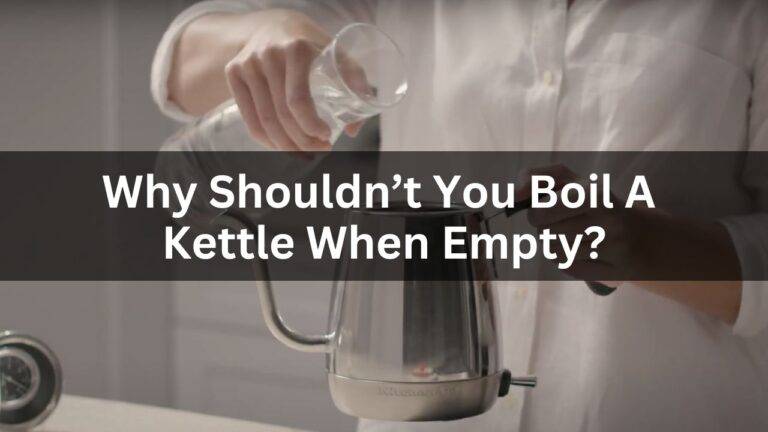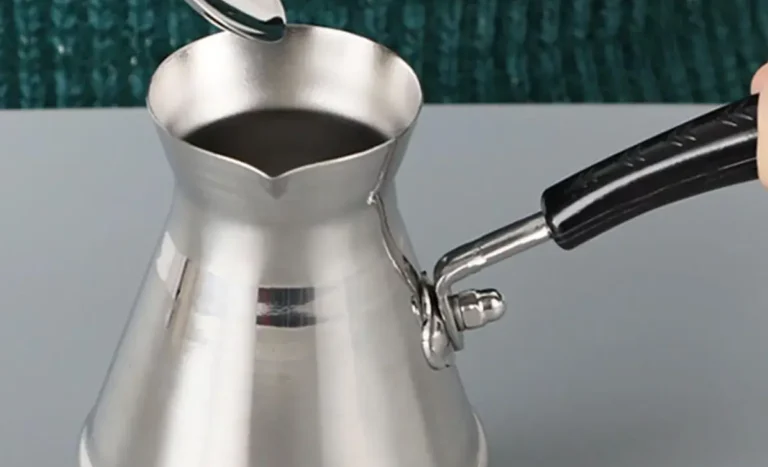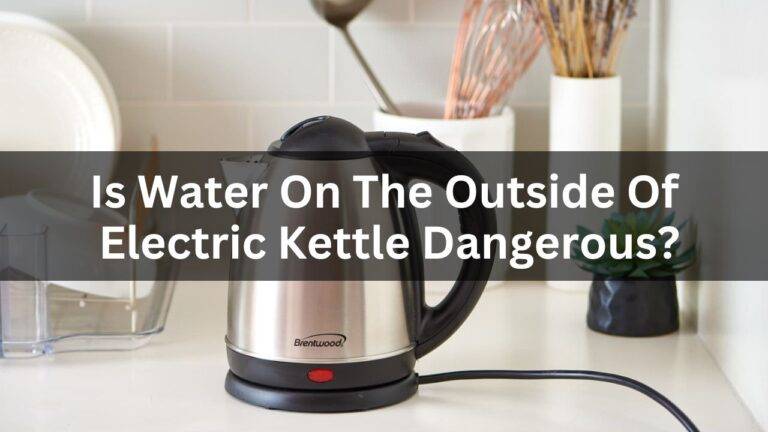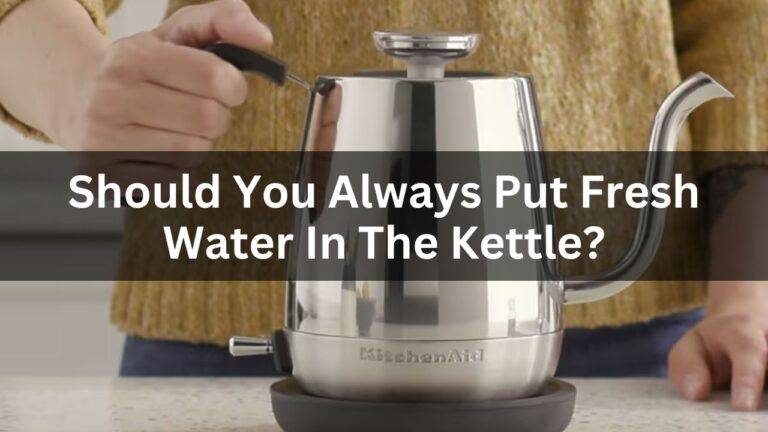How Do I Get Rid of Rust Spots Inside My Electric Rust in Tea Kettle? 2024
Water Kettle Rust is a concise guide addressing the common issue of rust formation in water kettles. It offers insights into the causes of rust, its consequences, and effective methods for removal.
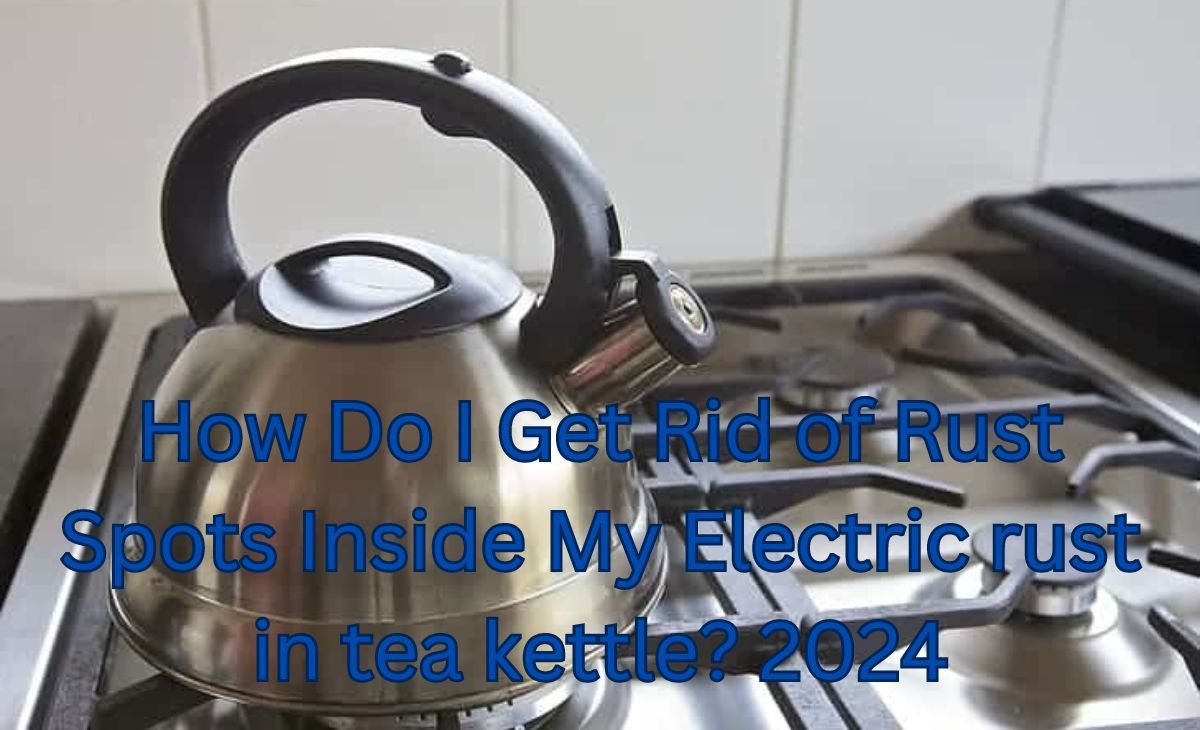
When we think about cleaning our kitchen appliances, electric kettle often gets overlooked. However, neglecting to clean inside of your electric Rusty kettle can lead to issues over time, including rust buildup. In this guide, we’ll explore what causes rust in kettles, why it’s important to remove it, and effective methods for cleaning and preventing rust.
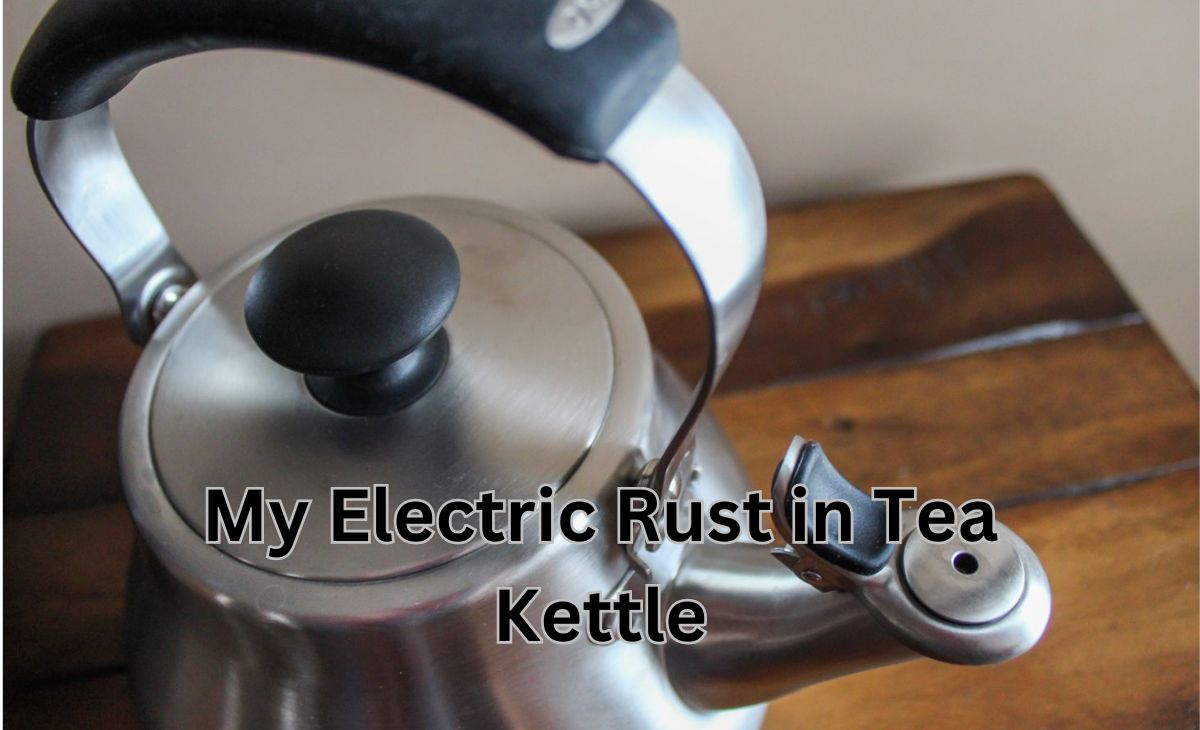
Contents
- 1 Understanding rust in tea kettle Formation
- 2 What Causes Rust Kettle?
- 3 Why Removing Rust is Crucial
- 4 Effective Rust Kettle Removal Methods
- 5 Using White Vinegar
- 6 Utilizing Lemon Juice
- 7 Exploring Kettle Cleaning Products
- 8 Preventing Future Rust Formation
- 9 Practicing Daily Cleaning
- 9.1 FAQs (Frequently Asked Questions)
- 9.2 1. Can I use abrasive cleaners to remove rust from my kettle?
- 9.3 2. How often should I clean my electric kettle to prevent rust?
- 9.4 3. Is it safe to consume beverages from a the rusted bean kettle?
- 9.5 4. Are there any natural alternatives to commercial kettle cleaning products?
- 9.6 5. How can I prevent rust from forming in my kettle?
- 10 Conclusion
Understanding rust in tea kettle Formation
What Causes Rust Kettle?
Electric kettles are typically made from high-quality steel, but when acidic substances like water come into contact with the metal, rust can form. This occurs due to the corrosion of iron particles in the steel when exposed to oxygen and moisture, creating an ideal environment for rust stains to develop.
Why Removing Rust is Crucial
The Importance of Rust Removal
Consuming beverages from a rusted kettle can contaminate their taste and texture, posing potential health risks. Rust buildup not only affects the flavor of your drinks but can also lead to health issues if ingested regularly.
Effective Rust Kettle Removal Methods
Using White Vinegar
White vinegar is a natural cleaning agent that can effectively remove rust from kettles. By filling the kettle with equal parts water and white vinegar and allowing it to soak, you can break down stubborn rust stains. Finish by rinsing the kettle thoroughly with clean water.
Utilizing Lemon Juice
Lemon juice offers a gentler alternative to white vinegar for removing rust. Boiling water mixed with lemon juice can help dissolve rust stains, leaving your kettle clean and odor-free. Be sure to rinse the kettle thoroughly after cleaning.
Exploring Kettle Cleaning Products
Specialized kettle cleaning products are available for tackling rust stains without damaging the kettle’s interior. Choose a product that suits your needs and follow the instructions carefully for optimal results.
Preventing Future Rust Formation
Keeping Your Kettle Dry
To prevent rust from forming in the future, ensure your kettle remains dry when not in use. Avoid leaving water stagnant inside of kettle and opt for daily cleaning to remove any residue.
Practicing Daily Cleaning
Regularly cleaning your kettle with warm water and mild dish soap can help prevent rust buildup. After cleaning, thoroughly dry the kettle to prevent moisture accumulation.
FAQs (Frequently Asked Questions)
1. Can I use abrasive cleaners to remove rust from my kettle?
No, abrasive cleaners can scratch the surface of the kettle, making it more susceptible to rusting. It’s best to avoid abrasive materials and opt for gentler cleaning methods.
2. How often should I clean my electric kettle to prevent rust?
It’s recommended to clean your kettle regularly, ideally after each use, to prevent rust buildup. Daily cleaning and thorough drying can help maintain the kettle’s condition.
3. Is it safe to consume beverages from a the rusted bean kettle?
Consuming beverages from a rusted kettle can affect their taste and may pose health risks. It’s best to avoid using a kettle with visible rust buildup and ensure it is thoroughly cleaned and maintained
4. Are there any natural alternatives to commercial kettle cleaning products?
Yes, white vinegar and lemon juice are both effective natural cleaners for removing rust from kettles. These ingredients are safe to use and can be found in most households.
5. How can I prevent rust from forming in my kettle?
To prevent rust, keep your kettle dry when not in use, practice daily cleaning, and avoid leaving water stagnant inside the kettle. These preventive measures can help prolong the life of your kettle and maintain its performance.
Conclusion
Rust formation in electric kettles is a common issue that can affect the taste and quality of your beverages. By understanding the causes of rust, employing effective cleaning methods, and practicing preventive maintenance, you can keep your kettle clean and rust-free for years to come.


